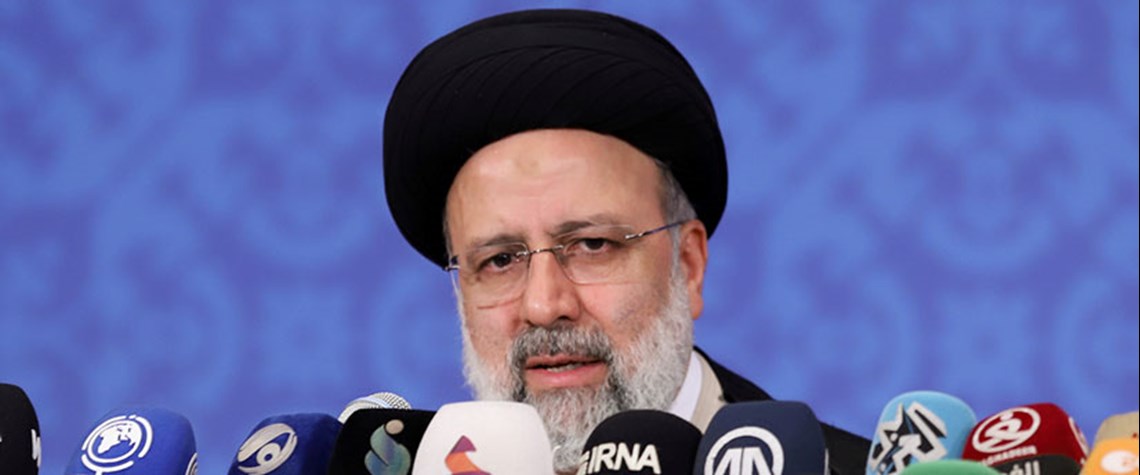Economic realities may force Iran to the table
Hardline rhetoric and positions apparently further apart than ever may obscure appetite for a deal
Iran and the P5+1—the US, the UK, France, China, Russia and Germany—remain no closer to a nuclear deal after six rounds of talks. It is difficult not to feel that previous cautious optimism may be ebbing away as we enter a seventh round. The key question, though, may be whether Iran can afford not to reach an agreement. The election of Ebrahim Raisi, mooted as a potential successor to the ailing 82-year-old supreme leader Ayatollah Ali Khamenei, has ushered in a new period in Iranian politics. Unsurprisingly, the alignment of conservative centres of power in Tehran has irked diplomats in Washington. Tit-for-tat tanker attacks in the Mid-East Gulf in recent weeks have also escalated—bringing

Also in this section
27 February 2026
LNG would serve as a backup supply source as domestic gas declines and the country’s energy system comes under stress during periods of low hydropower output and high energy demand
27 February 2026
The assumption that oil markets will re-route and work around sanctions is being tested, and it is the physical infrastructure that is acting as the constraint
27 February 2026
The 25th WPC Energy Congress to take place in tandem as part of a coordinated week of high-level ministerial, institutional and industry engagements
27 February 2026
The deepwater sector must be brave by fast-tracking projects and making progress to seize huge offshore opportunities and not become bogged down by capacity constraints and consolidation







